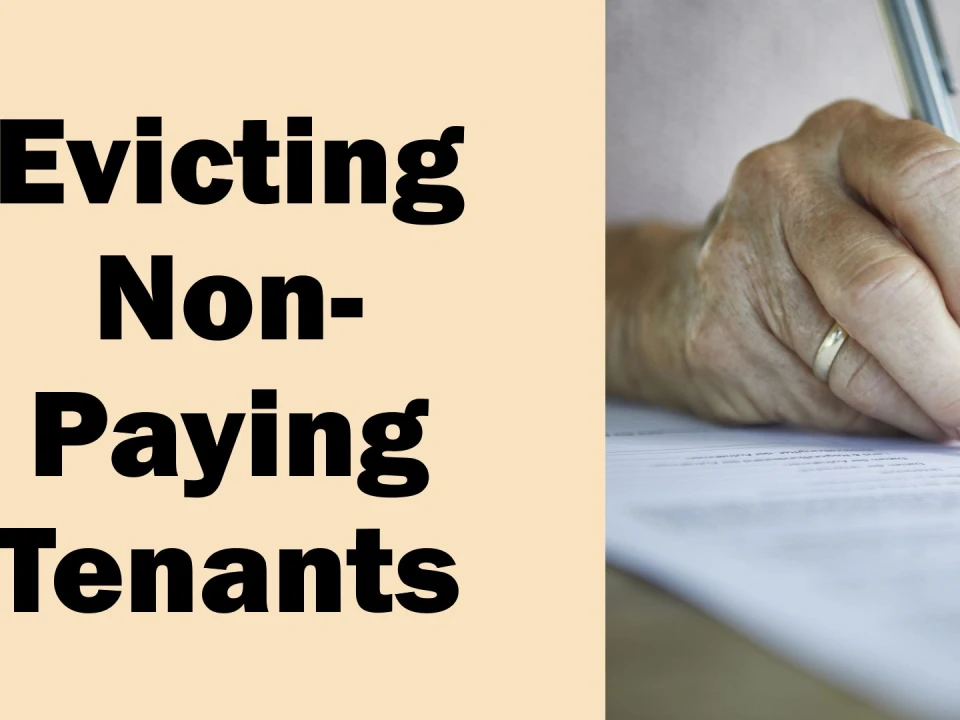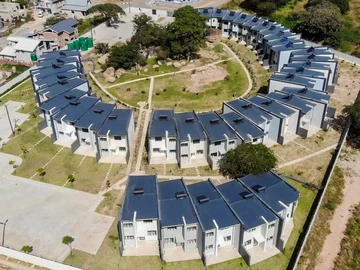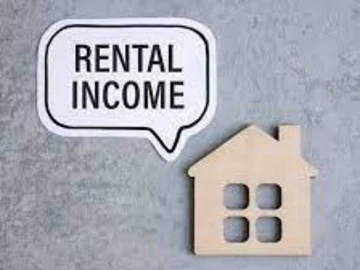Dealing with a problematic tenant can be one of the most challenging aspects of being a landlord. Whether it’s due to non-payment of rent, property damage, or refusal to vacate after a lease expires, eviction is a last resort and must be handled legally.
Understanding the eviction process in Zimbabwe, where property laws protect both landlords and tenants, is critical to resolving disputes effectively.
Common Reasons for Eviction
Landlords may consider evicting a tenant for several reasons, including:
- Non-payment or late payment of rent.
- Causing significant damage to the property.
- Staying beyond the lease expiration without renewal.
- Breaching lease terms, such as subletting without permission or engaging in illegal activities on the property.
Legal Framework for Eviction in Zimbabwe
In Zimbabwe, rental agreements and evictions are governed by the Rent Regulations Act and Common Law, among other laws. Landlords must follow the proper legal procedures to avoid complications, including being penalized for unlawful eviction.
The Do’s of Evicting a Tenant in Zimbabwe
1. Serve a Written Notice
When a tenant breaches their lease agreement, the first step is to serve them with a formal notice. This notice should specify the breach, such as non-payment of rent, and give the tenant a reasonable timeframe to rectify the issue.
2. Terminate the Lease Legally
If the tenant fails to address the breach, the next step is to terminate the lease agreement. Ensure that the termination follows the terms outlined in the lease.
3. Obtain a Court Order
Landlords are not allowed to evict tenants directly. A legal eviction can only occur through a court order. File an application for eviction at the Magistrates’ Court, providing evidence of the breach and any communication with the tenant.
4. Seek Professional Legal Help
Eviction cases can be complex. Working with a property lawyer or a professional property manager experienced in Zimbabwean tenancy laws will help ensure that the process is compliant with the law.
5. Consider Rental Insurance
To minimize financial risks associated with unpaid rent or property damage, landlords can invest in rental insurance. This provides a safety net for landlords facing costly repairs or prolonged legal battles.
The Don’ts of Evicting a Tenant in Zimbabwe
1. Don’t Attempt Self-Eviction
It is illegal to force a tenant out by:
- Changing locks without notice.
- Disconnecting utilities.
- Removing the tenant’s belongings.
Such actions are considered unlawful and can result in criminal charges against the landlord.
2. Don’t Enter the Property Without Consent
As a landlord, you cannot enter the rental property without notifying the tenant, even if they owe rent or have violated the lease terms. Respecting tenants’ rights is crucial.
3. Don’t Skip Tenant Vetting
The best way to avoid eviction scenarios is by carefully screening tenants. Conduct thorough credit checks, verify references, and ensure the tenant has stable employment or income.
4. Don’t Ignore Communication
Maintain open and clear communication with your tenants. Sometimes issues like late rent payments can be resolved amicably through dialogue.
How to Protect Your Investment as a Landlord
Eviction should always be a last resort, as it can be time-consuming and costly. Here are some proactive steps to minimize risks:
- Choose the Right Tenant
Vet prospective tenants thoroughly to ensure they meet your requirements. Reliable tenants are the foundation of a successful rental investment. - Have a Comprehensive Lease Agreement
A well-drafted lease agreement should clearly outline tenant and landlord responsibilities, rental terms, and consequences of non-compliance. - Work with a Property Management Company
Property managers can handle tenant screening, rent collection, and maintenance issues, saving you time and reducing the likelihood of disputes. - Invest in Legal and Rental Cover
Rental risk insurance can cover unpaid rent, legal fees, and property damage, giving landlords peace of mind.
Navigating Zimbabwe’s Rental Market
The demand for rental properties in Zimbabwe’s urban areas, such as Harare and Bulawayo, remains strong. However, with demand comes challenges, including disputes and evictions.
By adhering to legal procedures and implementing best practices, landlords can protect their investments while fostering positive tenant relationships.
Ready to Rent Out Your Property?
At property.co.zw, Zimbabwe’s No. 1 property marketplace, we connect landlords with reliable tenants. From expert advice to top-tier property listings, we help you make the most of your rental investments.
 Continue with Facebook
Continue with Facebook
 Continue with Email
Continue with Email














